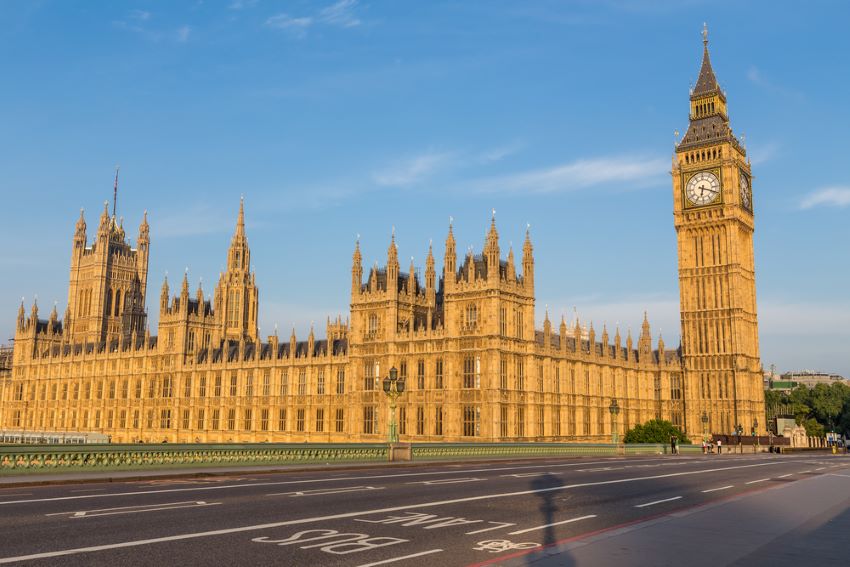

Senior deputies and civil servants have pledged to hold a firmer line against the UK government if it keeps failing to consult on laws it wants to extend to the Bailiwick.
The Sunak administration rushed to produce a bill to allow its flagship deportation policy to continue after the Supreme Court judged that Rwanda isn’t a safe country for asylum seekers and the scheme would be illegal.
This bill was intended to extend to the Crown Dependencies, through the inclusion of a Permissive Extent Clause. But these are supposed to be after consultation and consent with all parties prior to their inclusion in government bills.
Deputy Heidi Soulsby, responding on behalf of Policy & Resources to written parliamentary questions from Deputy Gavin St Pier, said the UK failed to consult Guernsey or other jurisdictions in a rushed process.
She said officials in both P&R and Home have raised concerns and “sought assurances” why the clauses were included in the bill without open dialogue with the islands.
But Deputy Soulsby said she was satisfied these cases haven’t amounted to legislating on behalf of the Bailiwick, or without our consent, which would cause a constitutional crisis.
“It should be noted that historically UK legislation relating to immigration matters has extended directly throughout the British Isles, including Guernsey.”
But she said the reasons given by Ministers weren’t good enough, and if the UK wants to extend anymore of the Illegal Migration bill to the islands, consultation is a must.
Government members of the House of Lords have acknowledged these failings and offered such assurances during debates into the bill, she added.

Pictured: The unprecedented turnover of ministers in HM government has been partly blamed for the breakdown.
It isn’t the first time Guernsey’s top committee has had to deal with situation, with the previous P&R writing a “very strongly worded letter” to HM government over the unsolicited use of Permissive Extent Clauses.
This was the case in post-Brexit fishing legislation, and the Rwanda act.
The judicial committee of the House of Commons has been reviewing the relationship between the UK and the Crown Dependencies which features the above concerns.It’s due to be published imminently.
Evidence submitted to the inquiry by the States of Guernsey revealed the relationship was fraying - and had been for several years.
The Ministry of Justice said the need to draw up and implement wide-ranging legislation, particularly on trade deals, had meant conversations with the Crown Dependencies wasn’t full and frank, and the UK had indicated it didn’t wish to represent the islands internationally when our positions diverged from UK interests.
Policy & Resources were understandably furious.
It said in written correspondence that the UK cannot align our wishes with that of the UK simply because it's convenient or faster and said it would lead to a global misunderstanding of Guernsey’s position and customs.
“There seems to be a political shift in the UK demonstrating a willingness to interfere with longstanding constitutional principles for short term political gain. This has wider constitutional concerns which were not, in the view of Guernsey, considered or taken seriously by the UK Government at that time.”
It said the “paternalistic” approach was “unjustified”.
Months before, Guernsey’s external relations lead, Deputy Jonathan Le Tocq, told the Justice Committee that the constitutional position wasn't well understood by UK Ministers.
“I think this is a constant, and sadly, it seems to be an increasing issue, not only from members of the House of Commons, but also sometimes from the government."
Avoidable constitutional clashes were inevitable, he added.
Comments
Comments on this story express the views of the commentator only, not Bailiwick Publishing. We are unable to guarantee the accuracy of any of those comments.